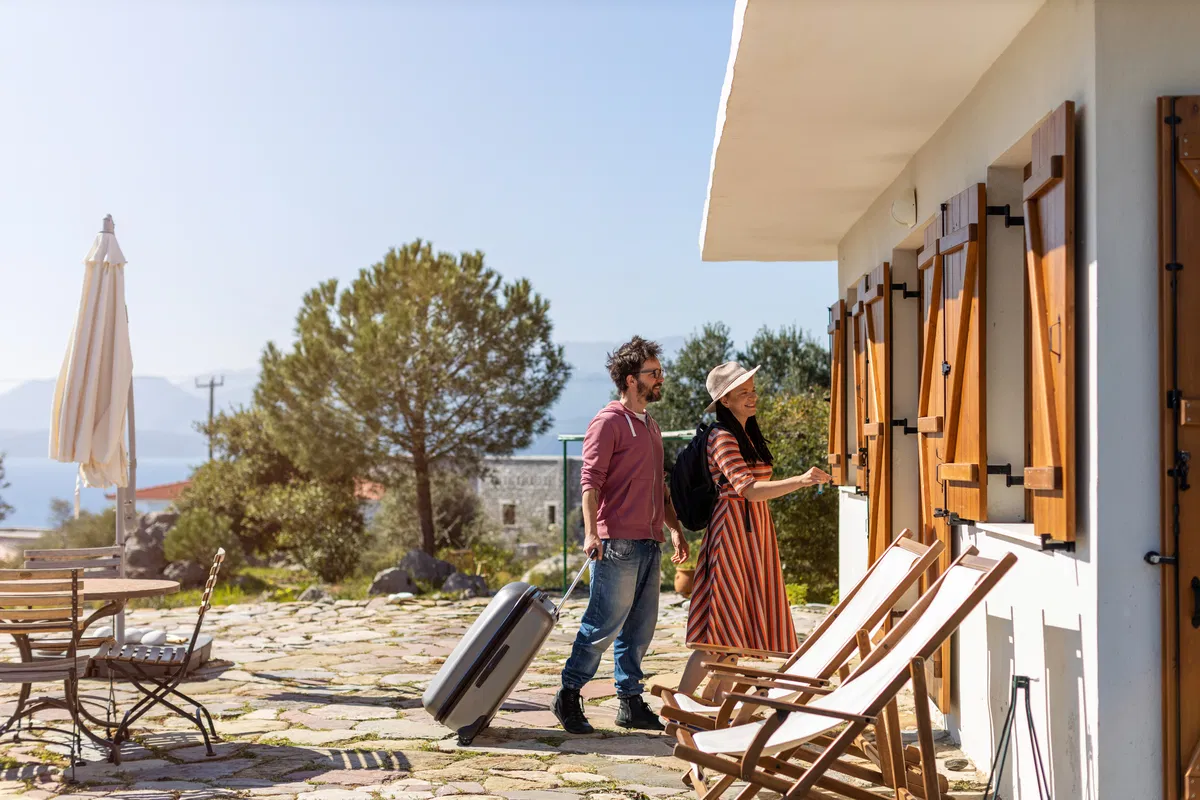By Adam Woodward
Copyright euroweeklynews

“Populism” and “unconstitutional”. This is the reaction to President Pedro Sanchez’s claim that he will have 53,000 tourist rental licences revoked in Andalucia. The Asociacion de Profesionales de Viviendas y Apartamentos Turísticos de Andalucía (AVVAPRO) is up in arms at what the president said at a recent PSOE conference in Malaga.
According to AVVAPRO, the government’s claim that these properties are “illegal” is entirely misleading. Most of the affected properties hold valid licences issued by the Andalusian regional government, the Junta de Andalucia, and have operated legally under regional regulations for many years. The issue stems from technical and administrative failures in the national Digital Single Registry, coupled with unclear criteria from registrars, which have prevented many properties from obtaining their Rental Registration Number (NRA). “Labelling this administrative glitch as ‘mass illegality’ is an intolerable attempt to manipulate public opinion,” AVVAPRO stated.
Unconstitutional? Spanish government ruling on tourist rentals challenged
The association says that the controversy centres on the government’s overreach into regional powers. Under Spain’s Constitution and Andalusia’s Statute of Autonomy, the authority to regulate tourist licences lies with regional governments, not the central administration. “The government’s attempt to assume this power through a Royal Decree, which mandates that the Digital Single Registry be used to obtain licences, is being challenged in court by Andalusia, three other autonomous regions, as well as two industry associations.” Critics are warning that if the courts declare the decree invalid, the government’s actions could be nullified.
The decision is seen as a direct blow to Andalusia’s economy, where short-term tourism rentals are a vital engine of growth. In provinces like Malaga, Sevilla, Cadiz, and Granada, particularly in rural areas where the sector supports tens of thousands of jobs and drives major economic activity, and therefore hundreds of families, labelling thousands of licensed properties as “illegal” risks tarnishing Spain’s international reputation as a premier tourist destination, an outcome AVVAPRO calls “irresponsible” and “harmful to workers, families, and businesses.”
Chronic housing shortage not due to tourist rentals, association says
According to the association, The government’s narrative also sidesteps a deeper issue: Spain’s chronic shortage of new housing. Over the past 14 years, annual housing construction has failed to exceed 100,000 units, while the population has grown by over 700,000 people each year. “It is this mismatch that has created the housing crisis, not temporary rentals,” they say, and argue the government is deflecting this failure to build by scapegoating tourist rentals.
Adding to the controversy, the Royal Decree is already under legal scrutiny, which has created a huge uncertainty for property owners and businesses. AVVAPRO warns that imposing sanctions or mass cancellations while the decree is contested in court undermines legal security and places thousands of families in limbo. “Pedro Sanchez is attacking Andalusia, its autonomy, and a key economic sector,” the association declared, explaining that removing listings from rental platforms does not equate to revoking licenses.
British second homes under threat from Madrid’s tourist rental decree
Moreover, the association says, the government’s assumption that tourist rentals could increase long-term housing is flawed. They state, “Only 37 per cent of registered tourist properties are exclusively used for vacation rentals, with the rest serving as second homes rented out part-time. Many owners, wary of Spain’s Housing Law and the risk of tenant non-payment, are likely to leave properties vacant rather than enter the long-term rental market.” As well, many British residents who own holiday houses in Spain and who can only spend limited times in Spain since Brexit, offset the cost of maintaining their properties by renting them out temporarily when they are not in Spain. By not being able to rent out their holiday homes, they will be at risk of burglaries and squatters.
AVVAPRO represents 15,000 tourist properties and 72,000 accommodation spaces across Andalusia and is demanding respect for regional authority and support for a compliant industry that strengthens the region’s competitiveness and quality tourism. As the legal and economic fallout looms, the clash between Madrid and Andalusia highlights a broader struggle over autonomy and political priorities in Spain.



